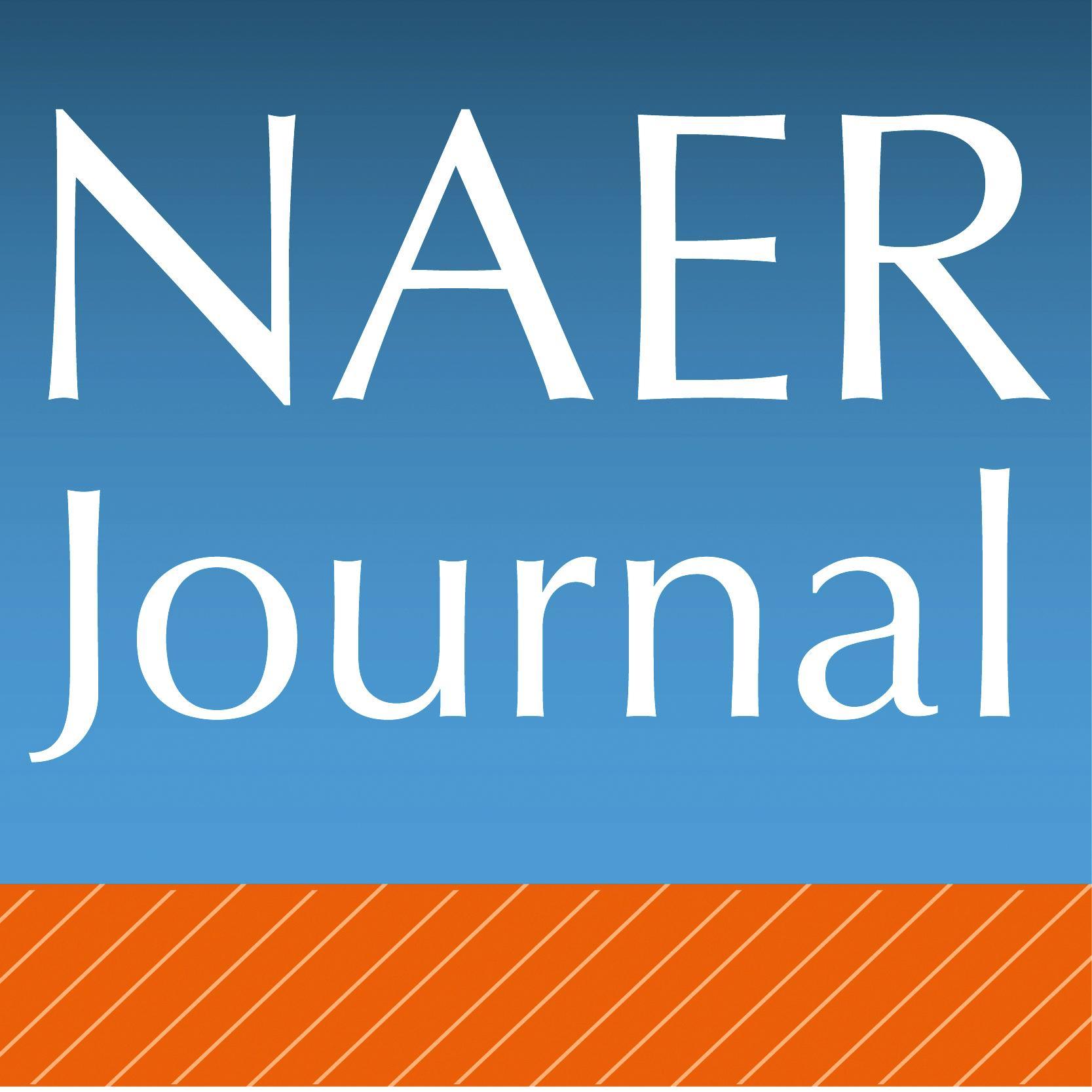La revolución de la Inteligencia Artificial en tiempos de negacionismo tecnológico
Resumen
La Inteligencia Artificial lleva desarrollándose técnicamente durante décadas, pero es en 2022 cuando la irrupción de ChatGPT hace temblar los cimientos de los sistemas educativos y de todos los docentes, académicos y personas involucradas de un modo u otro en la formación. Surge la necesidad de saber qué es, para qué sirve y qué implicaciones puede tener en nuestros sistemas, modelos y estrategias en educación. En este artículo explicamos qué es la Inteligencia Artificial y abordamos algunas reflexiones sobre su impacto educativo. Además sugerimos algunas herramientas de Inteligencia Artificial que pueden ser útiles a los docentes, a los investigadores, a los estudiantes y en general, a cualquier persona interesada en conocer un poco mejor para qué se puede usar esta tecnología innovadora que hemos denominado como la "cuarta revolución educativa". Por último, hacemos algunas recomendaciones sobre su uso en educación.
Descargas
-
Resumen4453
-
PDF3220
-
PDF 3220
-
PDF Kindle3220
Citas
Arabit-García, J., García-Tudela, P. A. y Prendes-Espinosa, M. P. (2021). Uso de tecnologías avanzadas para la educación científica. Revista Iberoamericana De Educación, 87(1), 173-194. https://doi.org/10.35362/rie8714591
Auccahuasi, W., Bernardo, G., Oré, E. y Sernaque, F. (2018). Interactive online tool as an instrument for learning mathematics through programming techniques, aimed at high school students. Proceedings of the 6th International conference on information technology: IoT and Smart City (pp. 70-76). Association for computing machinery. https://doi.org/10.1145/3301551.3301580
Barrera Arrestegui, Luis (2012). Fundamentos históricos y filosóficos de la inteligencia artificial. UCV-HACER. Revista de Investigación y Cultura, 1(1), 87-92. https://bit.ly/3T0AgWw
Binh, H.T., Trung, N.Q. y Duy, B.T. (2021). Responsive student model in an intelligent tutoring system and its evaluation. Education and information technologies, 26, 4969-4991. https://doi.org/10.1007/s10639-021-10485-4
Bonami, B., Piazentini, L. y . Dala-Possa, A. (2020). Educación, Big Data e Inteligencia Artificial: Metodologías mixtas en plataformas digitales. Comunicar, 28(65), 43-52. https://doi.org/10.3916/C65-2020-04
Centro de Innovación (2023). Guía para docentes: cómo usar ChatGPT para potenciar el aprendizaje activo. Ministerio de Educación, Gobierno de Chile. https://bit.ly/3QXfkwL
Comisión Europea (2020). Libro Blanco sobre la Inteligencia Artificial, un enfoque europeo orientado a la excelencia y a la confianza. https://bit.ly/3SVTQmI
Cugurullo, F. (2020). Urban Artificial Intelligence: From Automation to Autonomy in the Smart City. Frontiers in Sustainable Cities, (2). https://doi.org/10.3389/frsc.2020.00038
Cui, W., Xue, Z. y Thai, K.P. (2019). Performance comparison of an Al-Based Adaptive Learning System in China. Proceedings 2018 Chinese Automation Congress (pp. 3170-3175). https://doi.org/10.1109/cac.2018.8623327
Emerling, C.R., Yang, S., Carter, R., Zhang, L. y Hunt, T. (2020). Using Amazon Alexa as an Instructional Tool during Remote Teaching. Teaching Exceptional Children, 53(2), 164-167.
Forero-Corba, W. y Negre Bennasar, F. (2023). Técnicas y aplicaciones del Machine Learning e Inteligencia Artificial en educación: una revisión sistemática. RIED-Revista Iberoamericana De Educación a Distancia, 27(1). https://doi.org/10.5944/ried.27.1.37491
Giletta, M., Giordano, A., Mercaú, N., Orden, P. y Villarreal, V. (2020). Inteligencia Artificial: definiciones en disputa. Sociales Investiga, (9), 20–33. https://bit.ly/3N4CmRd
González-Calatayud, V., Prendes-Espinosa, P. y Roig-Vila, R. (2021). Artificial Intelligence for student assessment: a systematic review. Applied Sciences, 11(12), 1-16. https://doi.org/10.3390/app11125467
Grupo de Trabajo de Inteligencia Artificial Generativa (2023). Recomendaciones para el uso de Inteligencia Artificial Generativa en la docencia. UNAM. https://bit.ly/46A14zK
Krechetov, I. y Romanenko, V. (2020). Implementing the adaptive learning techniques. Voprosy Obrazovaniya, 2, 252-277. https://doi.org/10.17323/1814-9545-2020-2-252-277
Lane, D. (2021). Machine Learning for Kids. A Project-based introduction to artificial intelligence. No Starch Press
McAdoo, T. (2023). How to cite ChatGPT. APA Style. https://bit.ly/46CcaEq
Miao, F., Holmes, W., Ronghuai, H. y Hui, Z. (2021). Inteligencia artificial y educación: guía para las personas a cargo de formular políticas. UNESCO. https://bit.ly/3RkFSJG
Nerantzi, C., Abegglen, S., Karatsiori, M. y Martínez-Arboleda, A. (2023). 101 creative ideas to use AI in education, A crowdsourced collection. https://doi.org/10.5281/ZENODO.8072949
Pareto, L. (2014). A teachable agent game engaging Primary School children to learn arithmetic concepts and reasoning. International Journal of artificial intelligence in education, 24, 251-283. https://doi.org/10.1007/s40593-014-0018-8
Prendes-Espinosa, M.P. y Cerdán-Cartagena, F. (2021). Tecnologías avanzadas para afrontar el reto de la innovación educativa. RIED: revista iberoamericana de educación a distancia, 24(1), 35-53. https://doi.org/10.5944/ried.24.1.28415
Prendes-Espinosa, M.P., Sánchez-Vera, M.M. y González-Calatayud, V. (11 de julio de 2023). Cómo evaluar a los estudiantes en tiempos de ChatGPT. The Conversation. https://bit.ly/prendes
Sánchez-Vera, M.M. (s.f.). La inteligencia artificial como recurso docente: usos y posibilidades para el profesorado. Educar. En prensa. https://doi.org/10.5565/rev/educar.1810
Shirky, C. (2014). Why I Just Asked My Students To Put Their Laptops Away. https://bit.ly/3sIYgCU
Underwood, J. (2017). Exploring AI Language Assisstants with Primary EFL Students. EUROCALL 2017 Conference, Southampton, United Kingdom.
UNESCO (2022). Elaboration of a Recommendation on the Ethics of Artificial Intelligence. https://en.unesco.org/artificial-intelligence/ethics
Vicerrectorado de Innovación Educativa (2023). Guía para integrar las tecnologías basadas en inteligencia artificial generativa en los procesos de enseñanza y aprendizaje. UNED. https://shre.ink/T9PG
Derechos de autor 2023 Mª Paz Prendes-Espinosa

Esta obra está bajo una licencia internacional Creative Commons Atribución-NoComercial-CompartirIgual 4.0.
Aquellos autores que tengan publicaciones con esta revista aceptan los términos siguientes :
-
Los autores conservarán sus derechos de autor y garantizarán a la revista el derecho de primera publicación de su obra, el cuál estará simultáneamente sujeto a la Licencia Creative Commons Atribución no comercial compartir por igual 4.0 Internacional que permite compartir, copiar y redistribuir el material en cualquier medio o formato y adaptar, remezclar, transformar y construir sobre el material en los siguientes términos:
Reconocimiento - Debe dar el crédito apropiado, proporcionar un enlace a la licencia, e indicar si se han realizado cambios. Puede hacerlo de cualquier manera razonable, pero no de una manera que sugiere que el licenciante o su uso hace suya. No comercial - No puede utilizar el material con fines comerciales. Compartir bajo la misma - Si remezcla, transformar o crear sobre el material, se debe distribuir sus contribuciones bajo la misma licencia que el original. -
Los autores podrán adoptar otros acuerdos de licencia no exclusiva de distribución de la versión de la obra publicada (p. ej.: depositarla en un archivo telemático institucional o publicarla en un volumen monográfico) siempre que se indique la publicación inicial en esta revista.
-
Se permite y recomienda a los autores difundir su obra a través de Internet (p. ej.: en archivos telemáticos institucionales o en su página web) antes y durante el proceso de envío, lo cual puede producir intercambios interesantes y aumentar las citas de la obra publicada. (Véase El efecto del acceso abierto).
-
En cualquier caso, el Equipo Editorial entiende que las opiniones vertidas por los autores son de su exclusiva responsabilidad.
















